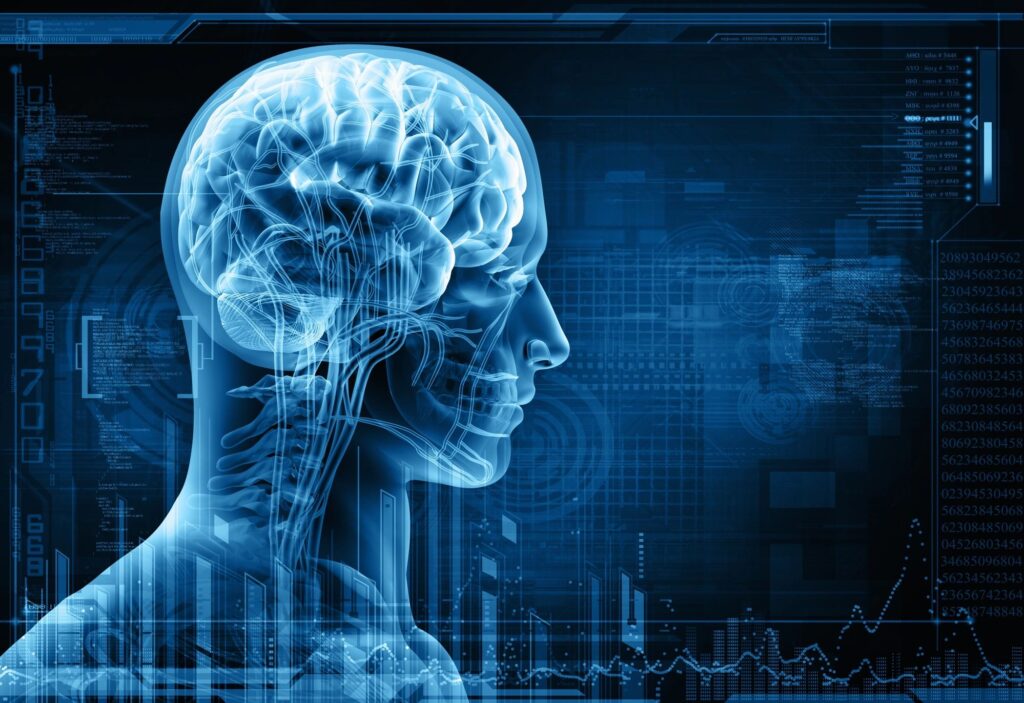Health Psychology
Optimists Live Longer. Why?
There’s a new study out that’s been getting some media attention. In the study, researchers found that people who are more optimistic are more likely to make it to the age of 85, adding more evidence for a link between optimism and longevity. One thing that sets this study apart is its scale. The researchers…
Read MoreChocolate vs. Depression
Good news for chocolate lovers: there’s more evidence out that chocolate can be part of a (mentally) healthy diet. Previous research has suggested that chocolate might be associated with lower risk of depression. So a recent study decided to examine that possibility more closely in a large pool of adults chosen to be representative of…
Read MoreThe Psychology of Eating Insects
The next big thing to hit the dinner table isn’t necessarily going to be so big, and it might just have six legs. According to a recent report from investment bank Barclays, edible insects are on pace to become a $8 billion market by 2030. Predictably, that got people’s attention. Eating insects will soon go…
Read MoreWhat It Means to Feed Someone on a First Date
For those who find first dates confusing, not to worry. We have science to help us figure out what’s going on! What does it mean, for example, when you’re on a dinner date and the other person starts feeding you? Hint: either they think you’ve done an unacceptably bad job of feeding yourself, or they…
Read MoreBody Temperature, Stress and Social Connection
When we say that someone is “warm,” we can mean that in a literal, physical sense. We might also be saying that they’re friendly, sociable and kind. This link between temperature and psychological state isn’t just metaphorical. Psychologists have found several ways in which body temperature and emotions actually do correlate with each other. One…
Read MoreBedtime Cues Matter for Teens
How do you know when it’s time to go to bed? Recently, researchers in Australia and Finland looked at how teenagers answer that question, and whether the way they answer it has implications for sleep quality. In a survey of 1,374 adolescents, the researchers considered several different ways these teens might decide when it’s time…
Read MoreA Lunchtime Nap Can Boost Children’s Academic Performance
We typically think of it as a bad thing to “fall asleep on the job.” But when your job is learning, a midday nap might be just what the psychologist ordered. A new study of 3,819 elementary school children in China suggests that lunchtime naps are associated with better performance in school. As it turns…
Read MoreExperts Rate Harmful Sleep Myths
Sleeping is one of the most mysterious things that people do. As a result, there’s plenty of mythology and folklore around what happens when we sleep. If our everyday, non-expert understanding of how sleep works sometimes contradicts what the science says, does that potentially lead us into sleep routines that are bad for our health?…
Read MoreWhat’s the Evidence for Blueberries as a Brain Food?
Blueberries have a stellar reputation, as far as foods go. Numerous articles claim that eating blueberries can enhance your cognitive abilities. Scientific American, for example, has talked about Your Brain on Blueberries, saying that blueberries are one food that will “enhance your memory.” So is there scientific evidence behind the hype? To some extent, yes.…
Read MoreFocus on Short-Term Benefits for Motivation to Exercise
Exercise might prolong your lifespan and cut your risk of dementia later in life, but focusing on these long-term benefits isn’t necessarily enough to motivate a regular exercise routine. In fact, recent research suggests that being more physically active goes hand-in-hand with emphasizing exercise’s short-term benefits. In a series of four experiments, researchers studied people’s…
Read More









